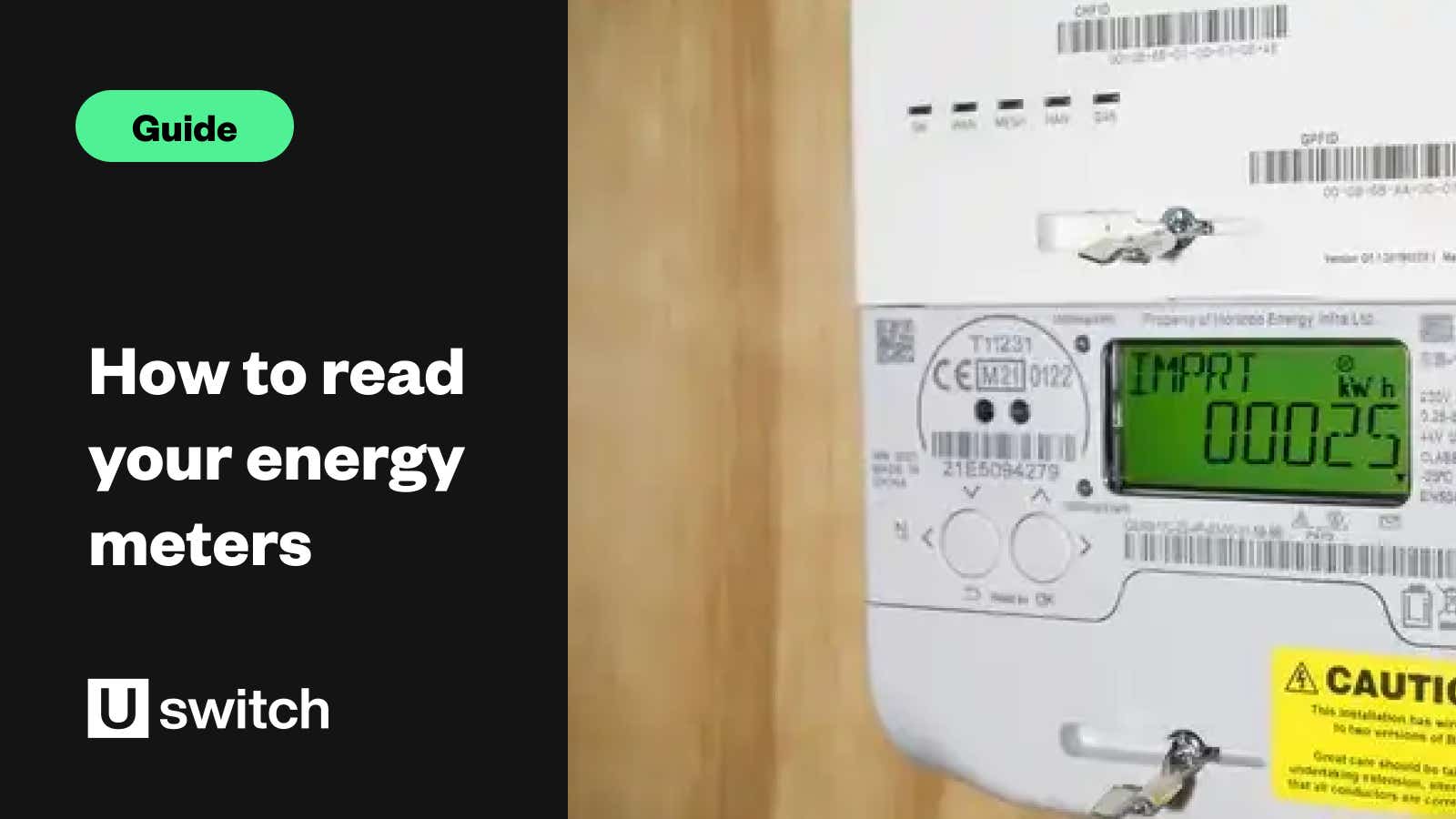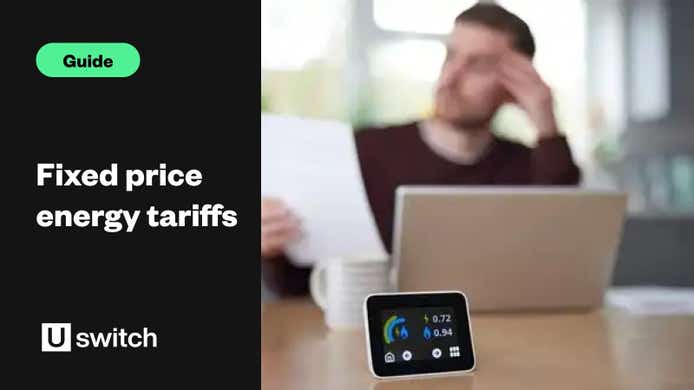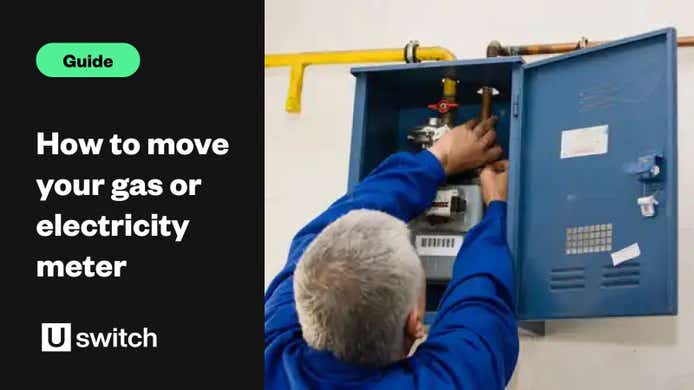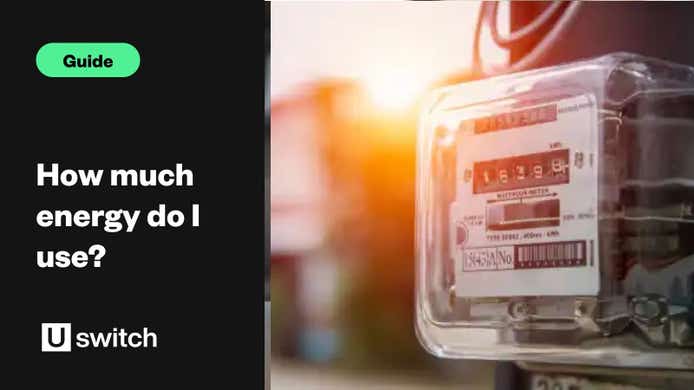If you're on a standard meter and don't send meter readings to your supplier, you'll most likely end up with an estimated bill, which could mean you end up over-paying or under-paying.
Under-paying might sound like a good thing, but unfortunately at some point your energy supplier will want their money, leaving you with an unexpected bill to pay.
Why do I need to know how to take a meter reading?
It's important to be able to read your electricity meter and gas meter to make sure your bills are accurate. Once you know how to take a meter reading, it's easy to submit the reading to your supplier. Many providers offer a meter reading upload feature on their app or when you log in to your online account, so there's usually no need to call.
Types of energy meters and how to read them
There are a number of different types of energy meters out there. These range from modern smart meters, which tell you how much energy you’re using in real time, to prepayment meters, which you need to top up manually.
How to read a gas meter
Gas meters provide gas readings relevant to the home they are connected to. They tell you and your energy supplier how much gas your home is using. If you don’t have a smart meter, you should ensure that you read your gas meter and send regular readings to your supplier to make sure that your energy bills are accurate.
You can read the meter by noting down the kWh number on the screen - this is what you'll need to enter into your account either online or by calling your supplier to tell it how much gas you've used.
How to read an electricity meter
Your electricity meter will tell you how much electricity your household has consumed. Again, it’s important that you know how to read your electricity meter and send readings regularly to your electricity supplier.
Similarly to gas meters, there should be a kWh reading on the meter's screen that you can enter into your online account or otherwise notify your supplier so it knows how much electricity you've used since the last reading.
How to read a prepayment meter
It's estimated that about four million homes in the UK have a prepayment meter. They work in the same way as a pay-as-you-go mobile phone – you will only have access to energy as long as you keep your meter in credit. The way in which you top up depends on what type of prepayment meter you have. Some require a token or a key and in some cases you can top up online or via an app.
You should be able to see how much credit you have left on the meter's screen so you know when you're getting low and need a top-up.
How to read a smart meter
All UK households are expected to have been offered a smart meter by the end of 2025. Smart meters have a number of advantages over traditional energy meters. The main benefits are that, because the meter automatically sends readings to your supplier, you should get more accurate bills and you don't need to manually submit meter readings or have someone come round to read them for you.
If you’re curious about your energy usage, though, you can use the in-home display that comes with your smart meter to see how much energy you’re using in real time.
Want to know more? Our guide to smart meters explains how they work and what to expect when one is installed in your home.
How can I save energy?
If your meter's showing that you're using a lot of energy, there are a lot of ways you can bring your usage down to keep your bills at a more manageable level. Reducing tumble dryer usage or cutting down shower times are small things that can have a significant effect. You can also use apps like Utrack to see where you're potentially using energy unnecessarily, so you can lower their usage. This should help households conserve energy and lower energy bills.
You can find over 100 energy-saving tips for every room in the home here.
You can also compare energy deals to see if you can save by switching to a new tariff. More suppliers are bringing deals back to market so there are more options available than there have been for the last couple of years. Enter your postcode to run an energy comparison now.




